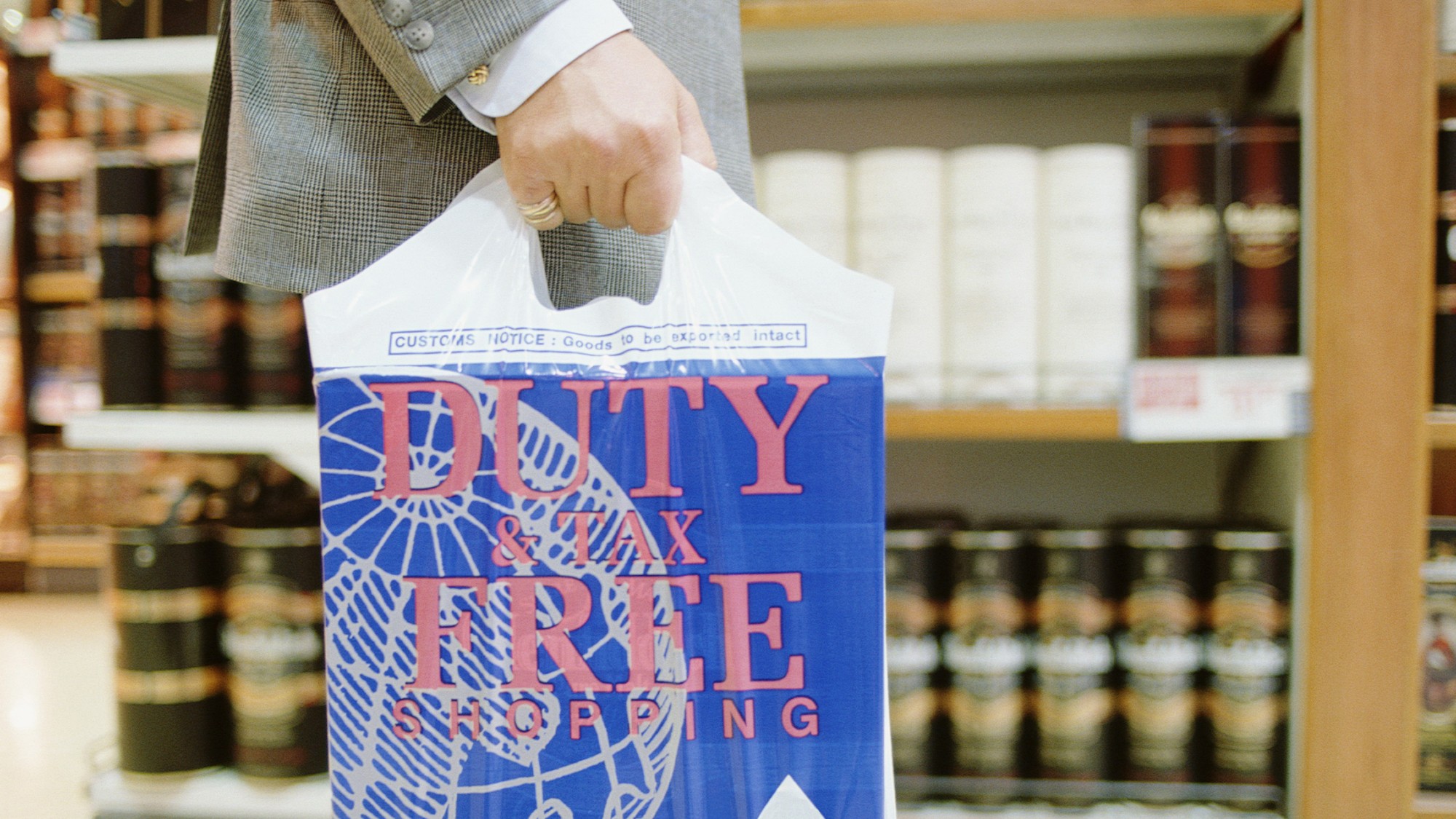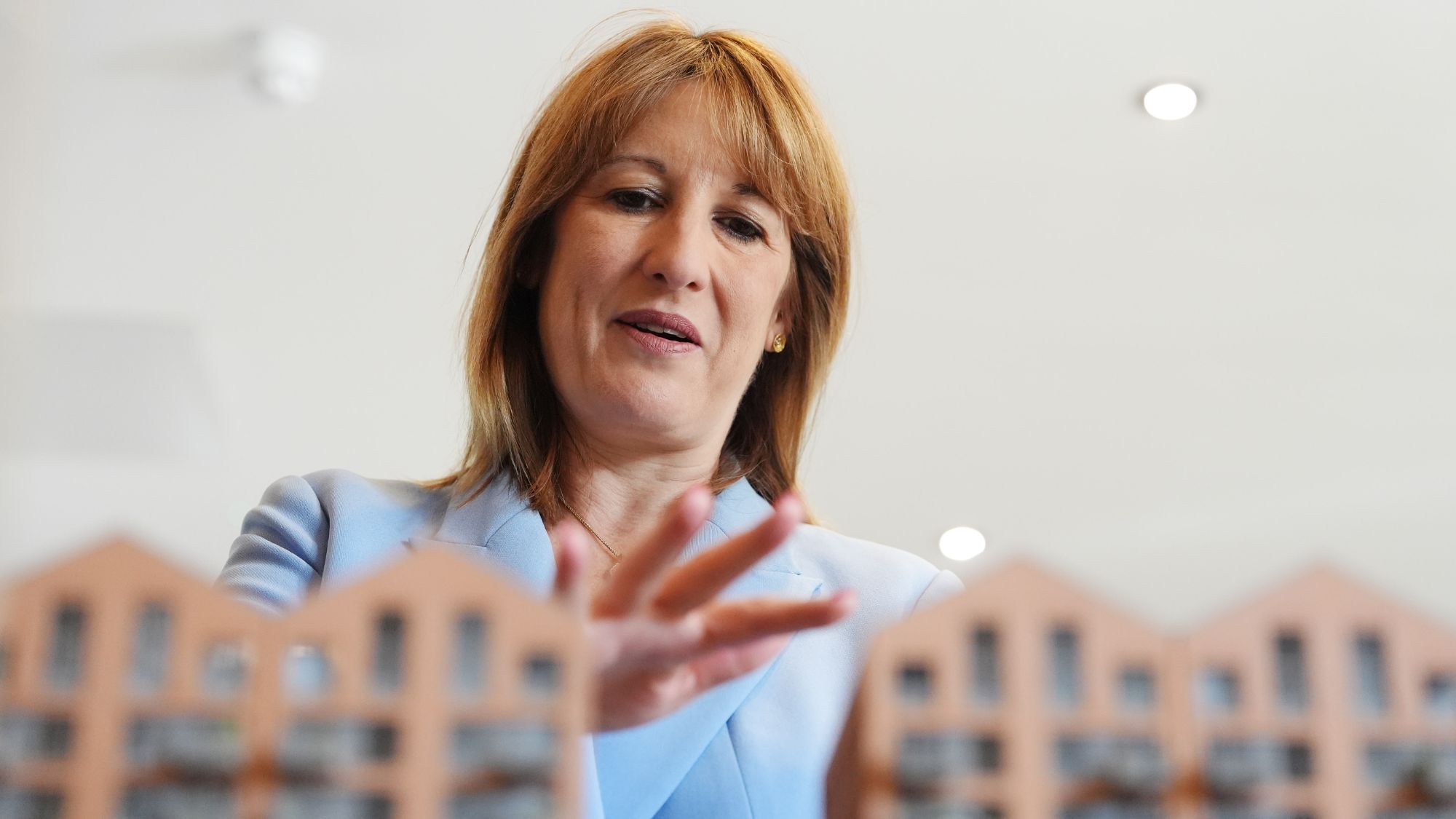Everything you need to know about tax-free childcare
Find out if you are eligible and how much you can claim

A free daily email with the biggest news stories of the day – and the best features from TheWeek.com
You are now subscribed
Your newsletter sign-up was successful
A new government scheme allows parents to claim up to £2,000 a year towards the cost of childcare for each of their children. Here’s what you need to know.
What is tax-free childcare?
Launched in April this year, tax-free childcare allows eligible families to get 20% of their childcare costs paid by the Government. The idea is that this reimburses you for the income tax you’ve already paid on that cash – although it only repays at the basic rate.
The Week
Escape your echo chamber. Get the facts behind the news, plus analysis from multiple perspectives.

Sign up for The Week's Free Newsletters
From our morning news briefing to a weekly Good News Newsletter, get the best of The Week delivered directly to your inbox.
From our morning news briefing to a weekly Good News Newsletter, get the best of The Week delivered directly to your inbox.
To take part in the scheme, you open an account on the Childcare Choices website and save money into it to cover your childcare costs. Then for every 80p you put in, the Government will add 20p that same day.
How much can I claim?
The Government will top up your account up to a maximum of £2,000 per child per year (or £4,000 for disabled children). So if you pay in more than £8,000, the extra money will not be topped up.
However, there is a secondary limit – you can’t claim more than £500 in top-ups per quarter. This can make things tricky if you want to put more into the account over the summer period, when most parents need to pay out for extra childcare to cover the school holidays.
A free daily email with the biggest news stories of the day – and the best features from TheWeek.com
The way around this is to plan ahead and pay in extra at other times of the year so that you can claim the full bonus in each quarter to use later.
Am I eligible?
At present, the tax-free childcare system is still being rolled out and only parents of children aged under four on 31 August 2017 can take part. But by the end of the year, the scheme will be open to anyone with a child aged under 12 (or 17 if the child is disabled), provided both parents work and each earn at least £120 a week but less than £100,000 a year.
You are also eligible if one parent works and the other is not able to and claims any of these benefits: incapacity benefit or long-term incapacity benefit; severe disablement allowance; carer’s allowance; contribution-based employment and support allowance; or National Insurance credits due to incapacity or limited capacity for work.
The big difference between this childcare scheme and its predecessors is that self-employed people can take part.
What childcare does it cover?
It takes a village to raise a child, according to the saying, and this scheme is designed to let you pay for many different forms of childcare through your account.
It covers au pairs, childminders, nannies, nurseries, playgroups, breakfast clubs and more. The are only two requirements. First, your childcare provider must be registered with a regulator such as Ofsted, the Early Years Register or the Childcare Register. And they have to register with the tax-free childcare scheme too.
How do I apply?
You need to register on the Childcare Choices website and set up an online childcare account with them. Once the account is set up, you, your partner and anyone else who wants to contribute can pay money in from their own bank account.
Even if your child isn’t eligible yet, you can sign up on the website to get email alerts notifying you as soon as you can apply.
Be aware that once your account is set up, you need to reconfirm your eligibility every three months.
-
 Local elections 2026: where are they and who is expected to win?
Local elections 2026: where are they and who is expected to win?The Explainer Labour is braced for heavy losses and U-turn on postponing some council elections hasn’t helped the party’s prospects
-
 6 of the world’s most accessible destinations
6 of the world’s most accessible destinationsThe Week Recommends Experience all of Berlin, Singapore and Sydney
-
 How the FCC’s ‘equal time’ rule works
How the FCC’s ‘equal time’ rule worksIn the Spotlight The law is at the heart of the Colbert-CBS conflict
-
 What to know before filing your own taxes for the first time
What to know before filing your own taxes for the first timethe explainer Tackle this financial milestone with confidence
-
 3 required minimum distribution tax mistakes to avoid
3 required minimum distribution tax mistakes to avoidThe Explainer Missteps in making withdrawals from tax-advantaged retirement accounts can cost you big
-
 Is duty-free shopping worth it?
Is duty-free shopping worth it?the explainer How to determine whether you are actually getting a good deal
-
 What the 2025 Autumn Budget could mean for your wallet
What the 2025 Autumn Budget could mean for your walletThe Explainer Chancellor Rachel Reeves will reveal her latest plan to balance the nation’s finances in November
-
 Should you add your child to your credit card?
Should you add your child to your credit card?The Explainer You can make them an authorized user on your account in order to help them build credit
-
 What taxes do you pay on a home sale?
What taxes do you pay on a home sale?The Explainer Some people — though not many — will need to pay capital gains taxes upon selling their home
-
 Clean energy tax credits are going away. Here's how to get them before it's too late.
Clean energy tax credits are going away. Here's how to get them before it's too late.The Explainer Trump's recently passed megabill promises the early demise of clean energy tax credits
-
 How will the new tax deductions on auto loans work?
How will the new tax deductions on auto loans work?the explainer Trump's One Big Beautiful Bill Act introduced a tax deduction on auto loan interest — but eligibility for the tax break is limited